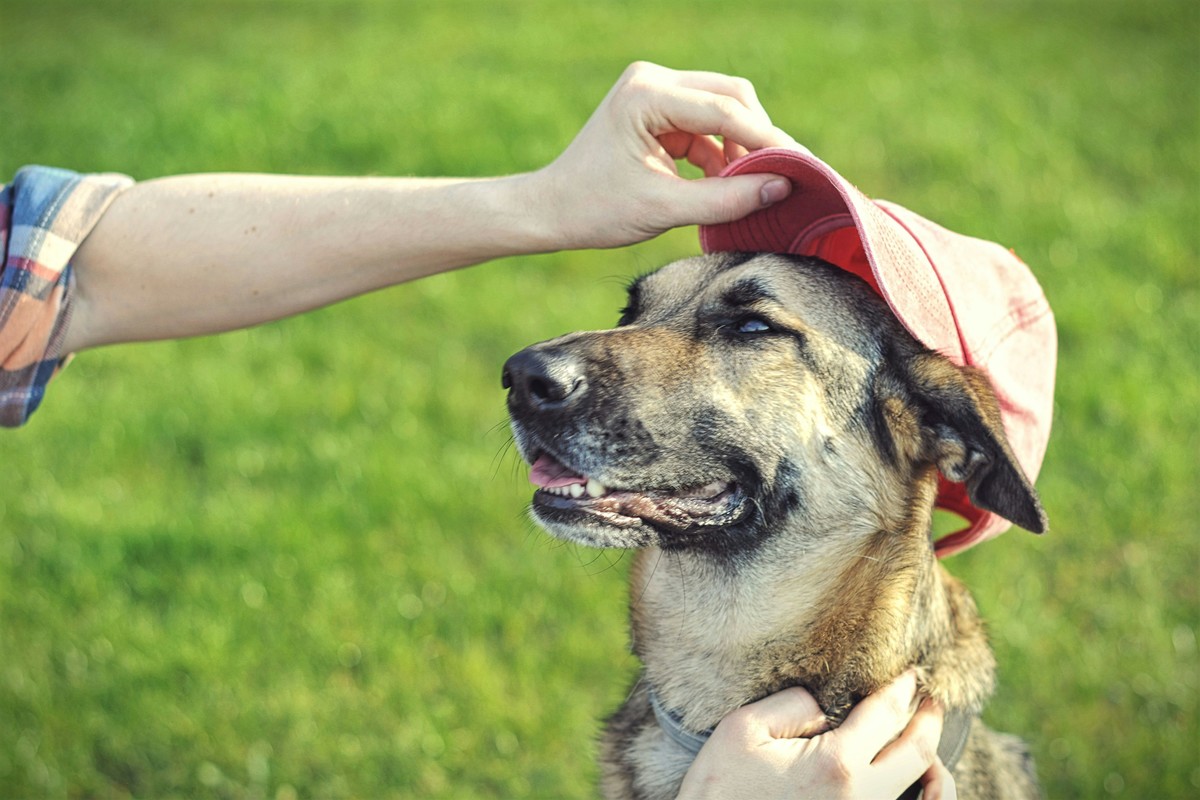Regular health checkups are crucial for your puppy’s growth and overall well-being. Here’s a guide to understanding the importance of health checkups and what to expect during these visits.
- First Vet Visit: Schedule your puppy’s first vet visit within a few days of bringing them home. The vet will perform a thorough examination to check for any health issues and discuss a vaccination and deworming schedule.
- Vaccination Schedule: Vaccinations are essential to protect your puppy from common diseases like parvovirus, distemper, and rabies. Your vet will provide a vaccination schedule, usually starting at 6-8 weeks of age and continuing until your puppy is about 16 weeks old.
- Parasite Prevention: Puppies are prone to parasites like fleas, ticks, and worms. Your vet will recommend a parasite prevention plan, including regular deworming and flea/tick preventatives. Early prevention is crucial to avoid health issues.
- Growth Monitoring: Regular vet visits allow for monitoring your puppy’s growth and development. The vet will track their weight, body condition, and overall health, ensuring they are growing at a healthy rate.
- Nutrition Advice: Your vet can provide guidance on your puppy’s diet and nutrition. They will recommend high-quality puppy food that meets your puppy’s specific needs and help you establish a feeding schedule.
- Dental Health: Dental health is important for your puppy’s overall well-being. The vet will check your puppy’s teeth and gums and recommend dental care practices, such as brushing and dental treats, to prevent dental disease.

- Spaying/Neutering: Discuss the benefits of spaying or neutering your puppy with your vet. These procedures can prevent certain health issues and unwanted behaviors. Your vet will advise on the appropriate age for the surgery, typically around six months old.
- Behavior and Training: Use your vet visits to discuss any behavior or training concerns. Your vet can provide valuable advice and may recommend a professional trainer if needed. Early intervention can help address behavioral issues before they become problematic.
- Heartworm Prevention: Heartworm is a serious condition that can be fatal if left untreated. Your vet will recommend a heartworm prevention plan, including regular testing and medication to protect your puppy from this parasite.
- Health Records: Keep a record of your puppy’s health checkups, vaccinations, and treatments. This information is essential for future vet visits and can help track your puppy’s health over time. Maintain a file with all the documentation provided by your vet.
- Regular Follow-Ups: Schedule regular follow-up visits based on your vet’s recommendations. Typically, puppies require more frequent visits during their first year for vaccinations and growth monitoring. After the first year, annual checkups are usually sufficient unless your puppy has specific health concerns.
- Emergency Preparedness: Know the signs of a health emergency and have the contact information of an emergency vet clinic. Common signs of an emergency include difficulty breathing, severe vomiting or diarrhea, sudden weakness, and any signs of pain or distress. Prompt action can be critical in an emergency situation.

Regular health checkups are essential for ensuring your puppy’s healthy development and early detection of potential issues. By staying proactive about your puppy’s health, you can help them grow into a strong and happy adult dog.



